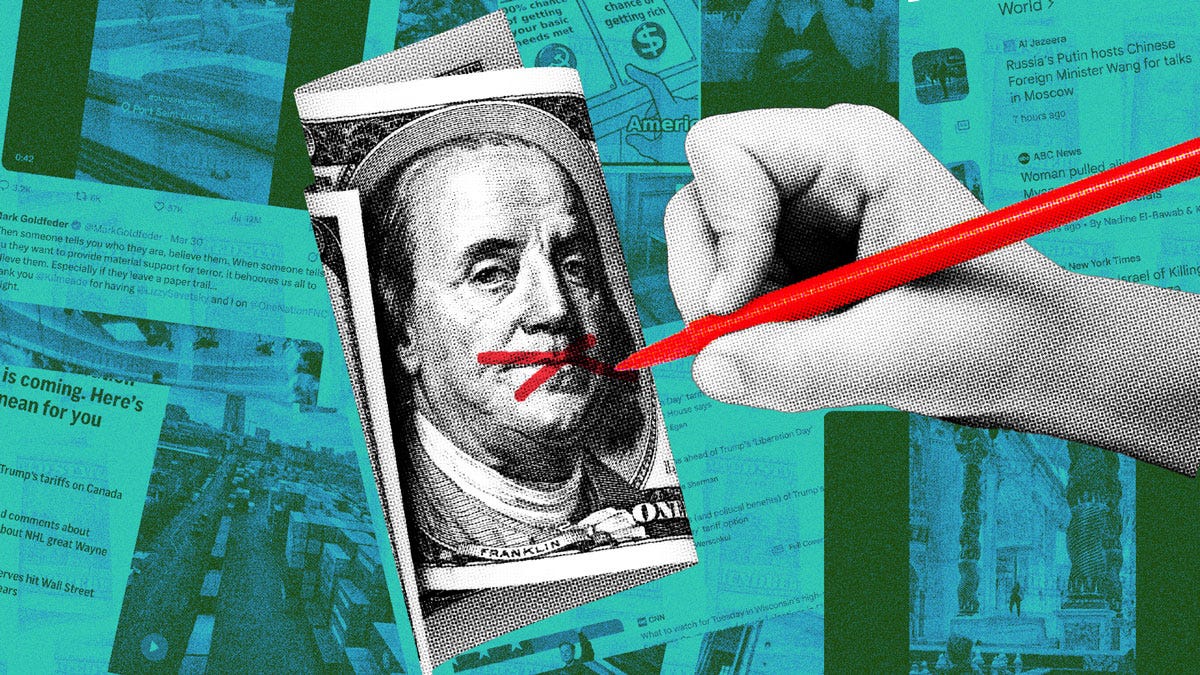White House lays out new COVID plan, will begin stockpiling tests and pills
The Biden administration plans to begin stockpiling millions of at-home tests and pills for COVID-19 treatment, as part of a new 96 page plan that charts the future of the federal efforts to confront the pandemic.
"We've reached a new moment in the fight against COVID-19. Because of the significant progress we've made as a country, the determination and resilience of the American people, and the work we've done to make tools to protect ourselves widely available, we are moving forward safely, getting back to our more normal routines," White House COVID-19 response coordinator Jeff Zients told reporters on Wednesday.
The plan, first outlined Tuesday by President Biden during his State of the Union address, aims to strike a balance between efforts to ease restrictions imposed to curb the virus while ramping up efforts to address the danger future variants could pose. Zients has discussed the White House's work on the new playbook in recent weeks; he told reporters that the administration was consulting a wide array of public health experts, local governments, and agencies to finalize the plan.
Many of the document's commitments would continue federal efforts to respond to COVID-19 as cases fall nationwide and pair them with requests for more congressional funding to expand the administration's more ambitious ideas to safeguard against the threat of new potential variants.
For example, expanding the nation's Strategic National Stockpile to now include at-home tests, antiviral pills, and masks for children as the White House envisions, would mark a significant – and expensive – shift for a federal cache once focused on buying up emergency reserves for hospitals and first responders.
Supplies in the stockpile had surged thanks in part to previous rounds of pandemic relief money, enabling the federal plan to distribute some 400 million free N95 respirators in the wake of the Omicron wave earlier this year. But officials say ramping up the stockpile to address another wave of the virus in the general population would require significant purchases and planning far beyond its current levels.
"The requirements to meet the needs of the general public in a pandemic are far larger than that, exceeding three to four billion of masks required and respirators required. And that presents some severe logistical challenges," stockpile official Jason Stear said at a recent event hosted by the Johns Hopkins Center for Health Security.
Other near-term pledges include a nationwide "test to treat initiative" that would set up "one-stop" sites where Americans can get free COVID-19 antiviral pills. The Occupational Safety and Health Administration is working on updated guidance to curb new outbreaks. The federal government, including local Social Security offices, "will lead by example" in opening up hours for more in-person appointments next month.
In addition to more congressional funding, the White House said it also plans to ask Capitol Hill to provide paid sick leave for COVID-19, reinstating tax credits that help businesses provide time off to deal with the disease.
While cases and hospitalizations have fallen sharply in recent weeks, enabling many parts of the country to take off their masks under recently announced guidance from the Centers for Disease Control and Prevention, the pace of new COVID-19 deaths recently plateaued at high levels nationwide.
The U.S. reached 75% of adult Americans fully vaccinated against COVID-19 only late last month, by the CDC's tally, and around a third of those eligible for booster shots have yet to receive the additional shot.
But between the Omicron variant's milder severity compared to the Delta, and protection from vaccines and growing supplies of COVID-19 treatments, the White House says it believes the nation no longer needs to "let COVID-19 dictate how we live."
"We are still in a situation right now where, as you know, we have about 68,000 cases. We are coming down in the right direction, we hope, and I believe we will get there," said Dr. Anthony Fauci, the president's chief medical adviser.
Details of the plan were unveiled Wednesday by federal health officials seated in-person at a press conference Wednesday in the White House, marking a shift from months of weekly briefings where Fauci and CDC Director Dr. Rochelle Walensky joined Zients virtually.
Health and Human Services Secretary Xavier Becerra, who has played a lower-profile role in the pandemic response compared to his predecessor during the Trump administration, also joined the group. Earlier this year, Becerra's department completed an effort dubbed "H-CORE" to absorb many Operation Warp Speed responsibilities from the Defense Department to buy and distribute COVID-19 vaccines, drugs, and supplies.
"It's wonderful to be getting back to our more normal routine and be doing these briefings with my colleagues in person," said Zients.



